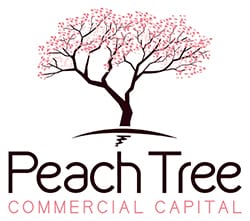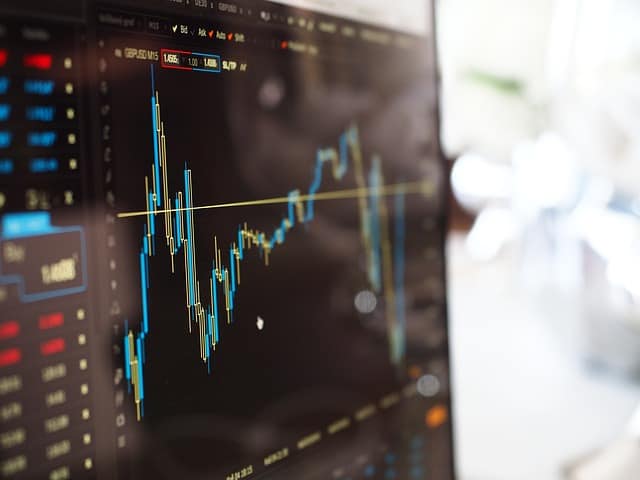Right now, the US is still riding high on a wave of economic growth. Ever since the Great Recession, we’ve been experiencing more investments, lower unemployment, and better lending strategies.
However, as they say, all good things must come to an end, and many experts believe that our economy is due for a downturn within the next couple of years. While there is never a guarantee of how or when a recession will occur, planning for one is always a smart move.
That being said, although some industries will feel the ramifications of an economic downturn, all signs are indicating that commercial real estate (CRE) will remain mostly unscathed. So, for investors looking to keep their real estate portfolios intact, commercial properties may be the best option.
But why is that the case? Will all CRE be immune to a recession? Let’s break down the data and see what you should expect.
Why CRE is Looking Good, Downturn or Not
As we all remember from the Great Recession, a substantial trigger was the proliferation of subprime mortgage loans. Lenders were engaged in highly predatory practices, and the market couldn’t withstand such a significant collapse in housing values.
However, that collapse mostly occurred in residential spaces, not commercial properties. Nonetheless, the recession served as a wake-up call, which led to smarter investing and better lending standards. So, commercial real estate is actually in a much better position today than it was in 2008. Here are a few reasons for that.
Overbuilding
Typically speaking, if developers are building more properties than is necessary to meet demand, a collapse will occur eventually. However, it seems that commercial real estate is below the market standard, meaning that there is not an abundance of empty warehouses and retail spaces. Furthermore, as long as the recession doesn’t cause massive amounts of businesses to close down, the demand for CRE won’t drop significantly.
Indebtedness
Regardless of the industry you’re looking at, it’s always a bad sign when borrowers are taking out more money than they can reasonably repay. With the housing market, homeowners immediately became upside down with their loans, which meant that they had no equity, which contributed to the collapse.
Fortunately, CRE investors are not making the same mistake. Across the board, property owners are not over-indebted, meaning that even if commercial real estate values dip, that shouldn’t cause mass panic within the market.
Inflation
Recently, inflation became a real concern, thanks to several industries seeing spikes in prices. However, it turned out to be a false alarm, so no one panicked (too much). In the world of commercial real estate, property values are high, and capitalization rates are low, which can typically be signs of increased inflation.
In reality, though, property prices are based on value, not speculation. Although the numbers may resemble what they were before the housing crisis, they are based on hard data. Overall, investors shouldn’t worry about runaway inflation creating a bubble within the market.
What CRE Investors Should Do in a Recession
It’s easy to believe that the best thing to do when the economy slows down is to hold back on investments. However, unless you’re struggling to make mortgage payments, a recession is the perfect time to find new opportunities. Here are a few suggestions for the downturn arrives.
Rental Properties
Whenever a recession hits, more people will have to rent. It’s simple economics – if they can’t afford to buy a house, they will have to rent one instead. Depending on the severity of the downturn, rental prices may have to drop. However, as long as you’re making enough to earn a profit after paying the mortgage, you will be sitting pretty.
Another benefit of investing in rentals is that if you bought the home below the market rate, you might still have equity if the value goes down. For example, if you purchased a $100,000 home for $80,000 five years ago, you shouldn’t have to worry if the market value drops unless it’s a massive reduction (i.e., $60,000).
Multifamily Properties
Compared to other forms of commercial real estate, multifamily properties will be virtually recession-proof. Thanks to excellent loan options from Fannie Mae and Freddie Mac, investors don’t have to worry as much about being upside down on their loans. Also, as we already discussed, recessions force more people to rent. When you can house multiple families on the same lot, your investment will grow a lot faster.
Customized Office and Retail Spaces
As technology continues to dominate our lives, commercial properties will need to try and keep up. In the coming years, particularly during a downturn, businesses will need to merge the analog with the digital. It will no longer be feasible to invest in plain commercial structures – demand will shift, and companies will want spaces that can facilitate digital growth. Overall, multi-use and specialized properties will become the norm since businesses won’t want to invest in expensive infrastructure or remodeling.
Contact Us Today
Before making any investment moves, however, you need to talk to one of our experienced brokers. We understand what it takes to make money in commercial real estate, and our expertise can help you navigate the next downturn. Call us today to find out more and get assistance with your portfolio.

